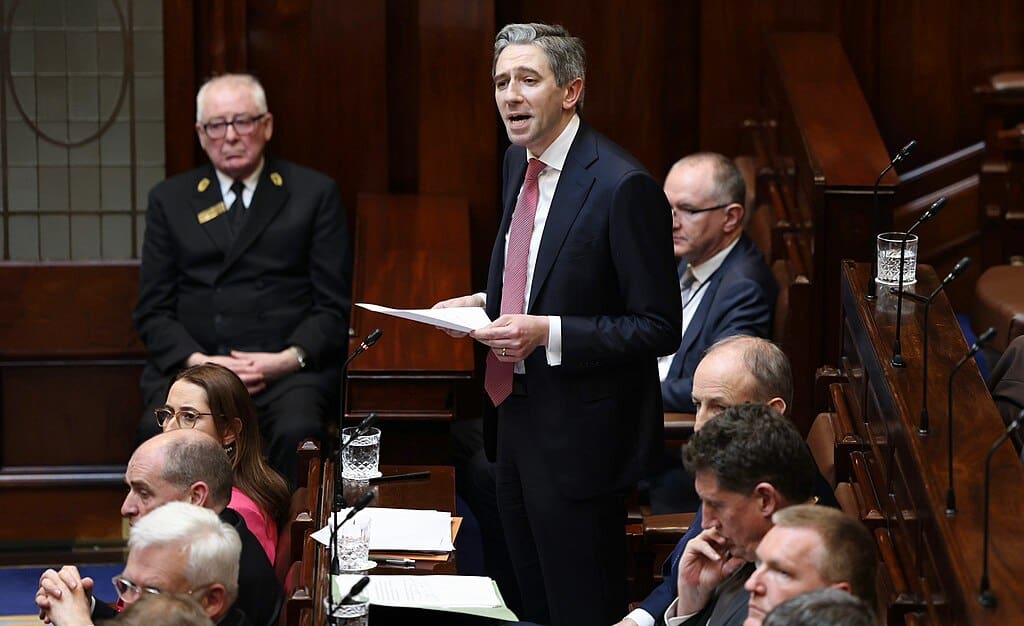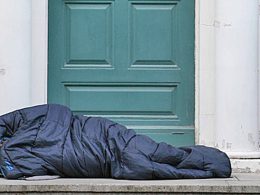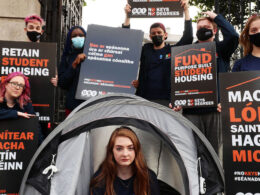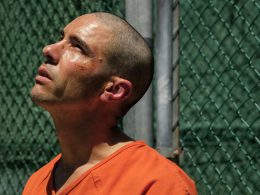By Kevin McLoughlin
Simon Harris’s elevation to ”chief” is not a sign of strength for the political establishment. In reality, as the football saying goes, “he has a mistake in him”. Harris’s tenure is likely to be turbulent, tasked with leading this Government into a general election after being walloped in the referendums and likely being thumped in the local and European elections.
Liz Truss lasted 50 days as Prime Minister in Britain and Edwin Poots just 21 as First Minister in the North. That is perhaps unlikely for Harris, but he definitely will not repeat Enda Kenny’s feat – a lightweight leader, lacking in confidence, who reigned in Fine Gael for 15 years and as Taoiseach for six.
Varadkar’s exit
Why did Varadkar, clearly the epitome of arrogance and ambition, suddenly quit? The referendum results brought into sharp focus that things are unlikely to get any better, as the slow historic decline of both Fine Gael and Fianna Fáil took a new twist. A third of the FG parliamentary party will not stand again. While they can pursue careers in the corporate world or return to jobs in the professional middle classes, and collect substantial pensions to boot, huge numbers of young people will be forced to emigrate because of the capitalist policies this government has imposed.
Varadkar was an improvement for the establishment compared to the hapless Kenny, but he never seemed to represent his truer political self. The diplomacy that goes with the Taoiseach’s office seemed to prevent him from expressing his explicitly Thatcherite – ‘for people who get up early in the morning, not the welfare cheats’ – stance.
Referendums defeats
Instead, we’ve had the fiction of establishment parties pretending to be socially progressive for electoral reasons, which helped lead to the fiasco of symbolic superficially progressive referendum wordings, but with no real content or new rights which were roundly rejected as people preferred to vent their overall anger at the Government. Now, the right-wing shift that was an undercurrent is becoming much more pronounced under Harris – hard on immigration, more socially conservative, more stability and security arguments – as they chase the right-populist sentiment and disaffected middle-class voters. The very likely shelving of the Hate Crime Bill is a reflection of this.
The Government wants to put some distance between the referendum defeats and the general election. That points to an election late in the year or possibly even in the new year. It also points towards using the budgetary space to announce measures, even in advance of the budget in October, to try court support. However, it is highly questionable if such an approach can actually halt the undermining of these parties that flows from the unprecedented housing, health and cost of living crises affecting the lives of so many by their policies. The Government parties and Sinn Féin all went down in the first poll after Harris became leader and was planning to present his ”new” government of four new faces and a reshuffle of old ones at Cabinet.
Rather than representing a boost for FG, if Harris makes gaffes or performs poorly, he can actually hasten its decline. That, in turn, could see him beat an even more right wing path.
The next government?
Until now, this government has stated it wants to be re-elected as a coalition. Based on the recent polls and the decline in Sinn Féin, that seemed most likely, even if this time they may need the support of more right-wing Independents. This agreement can keep Sinn Féin out of government despite its desperate desire for office. However, it is possible that if Harris turns out to be hapless, a sentiment could emerge within Fianna Fáil of being more open to the possibility of being in government with Sinn Féin.
Neither the current administration with more backward independents, or Sinn Féin, Fianna Fáil and the likes of Labour or the Social Democrats, in any way constitute a way forward. They are all committed to operating within the capitalist system which always puts profit before people’s needs.
Socialist Party members will be standing in the forthcoming elections linked with People Before Profit – Solidarity. We are organising to build a new mass movement that unites all working-class people on all the key issues against oppression, exploitation and the capitalist system that pushes division and discrimination. In particular, we are fighting to get Mick Barry and Ruth Coppinger in Dublin back into the Dáil to champion and popularise the urgent need for socialist change.












